Summaries of books about Astronomy & Astrophysics:
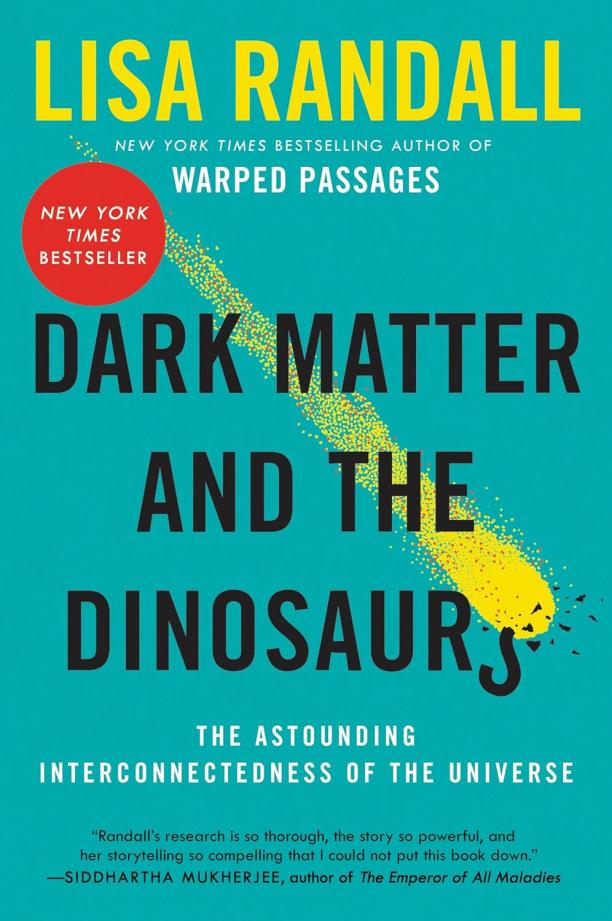
Dark Matter and the Dinosaurs
The Astounding Interconnectedness of the Universe
Lisa Randall
The book explores a hypothesis that links dark matter to the extinction of the dinosaurs, suggesting that a disk of dark matter could have dislodged a comet from the Oort cloud, leading to the catastrophic impact on Earth. It delves into the intricate relationships between various components of the universe, from the smallest particles to the largest cosmic structures, and how these connections influence events across different scales of time and space.
See full summary
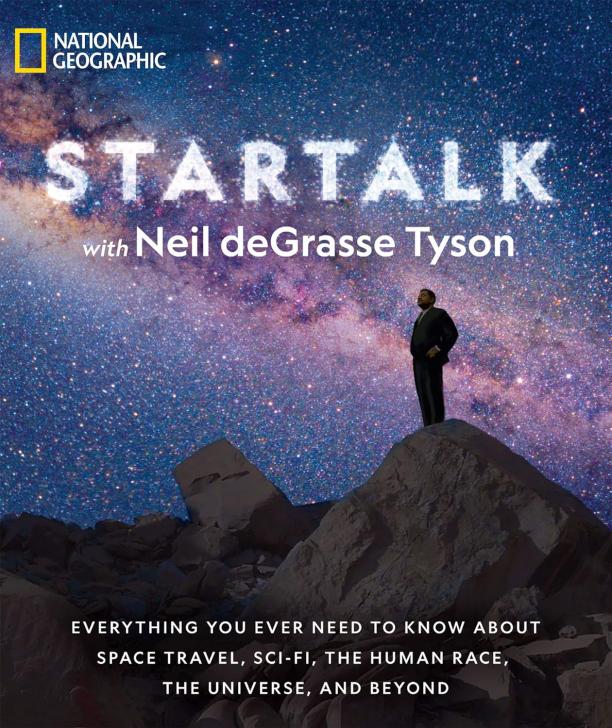
StarTalk
Everything You Ever Need to Know About Space Travel, Sci-Fi, the Human Race, the Universe, and Beyond
Neil deGrasse Tyson|Charles Liu|Jeffrey Simons
The book is a compilation of various cosmic topics ranging from space travel and extraterrestrial life to the intricacies of the universe, presented in an accessible and entertaining format. It includes insights from experts, fun facts, and Q&A sections that address common questions and misconceptions about the cosmos.
See full summary
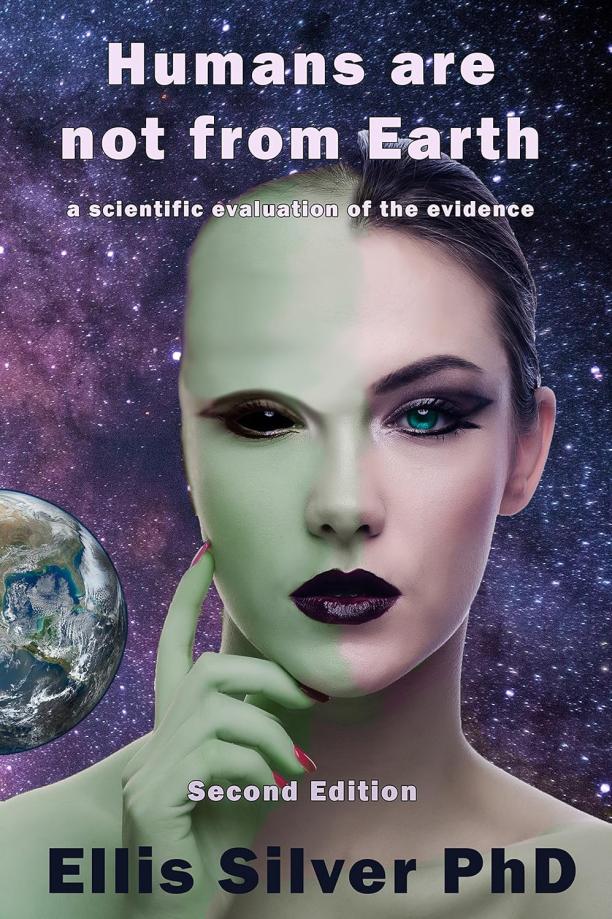
Humans are not from Earth
a scientific evaluation of the evidence
Ellis Silver
The book presents a controversial hypothesis that humans may have originated from a different planet, based on an analysis of physiological differences between humans and other Earth species. It examines evidence from various scientific fields to argue that humans are not well-adapted to Earth's environment, suggesting a possible extraterrestrial origin.
See full summary
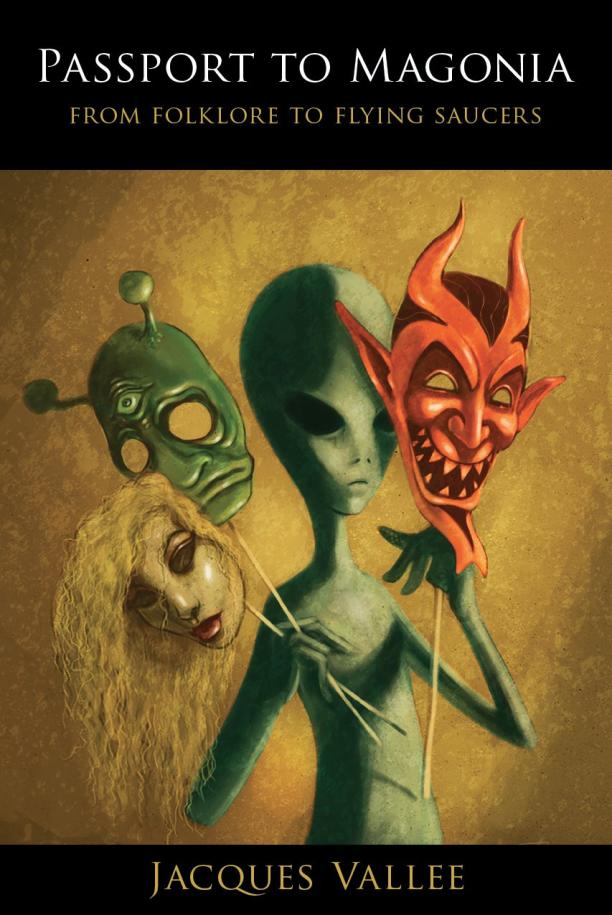
Passport to Magonia
From Folklore to Flying Saucers
Jacques Vallee
The book explores the connections between modern UFO sightings, historical accounts of encounters with otherworldly beings, and folklore, suggesting that these phenomena may be part of a continuous experience throughout human history. It proposes that extraterrestrial hypotheses may not fully explain the complexity of these encounters, instead offering a framework that considers a broader range of cultural and psychological factors.
See full summary
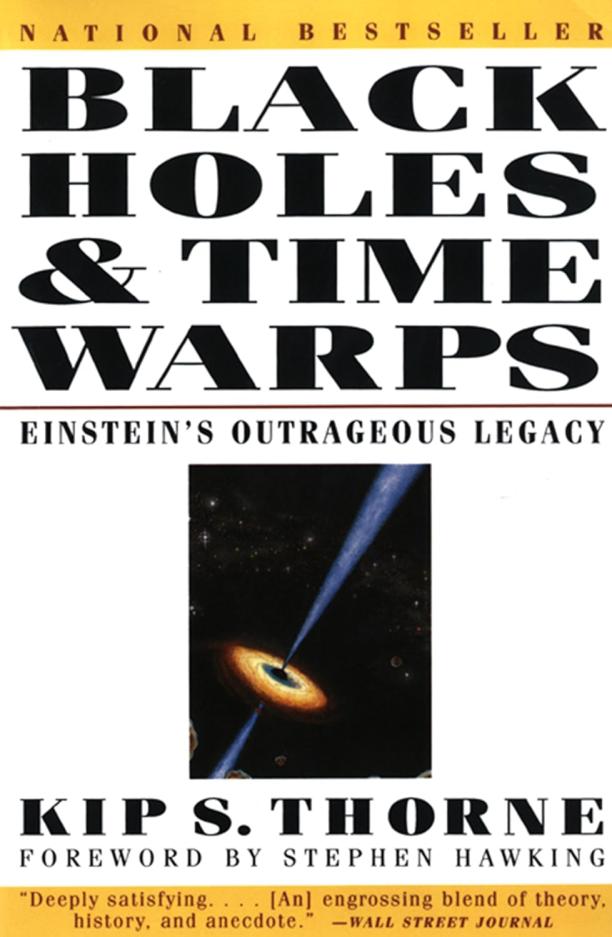
Black Holes & Time Warps
Einstein's Outrageous Legacy
Kip Thorne
The book delves into the complex concepts of general relativity, black holes, and the nature of time, presenting cutting-edge scientific theories and discoveries in a way that is accessible to non-scientists. It explores the implications of these phenomena on our understanding of the universe, including the possibility of time travel and the role of black holes in theoretical physics.
See full summary
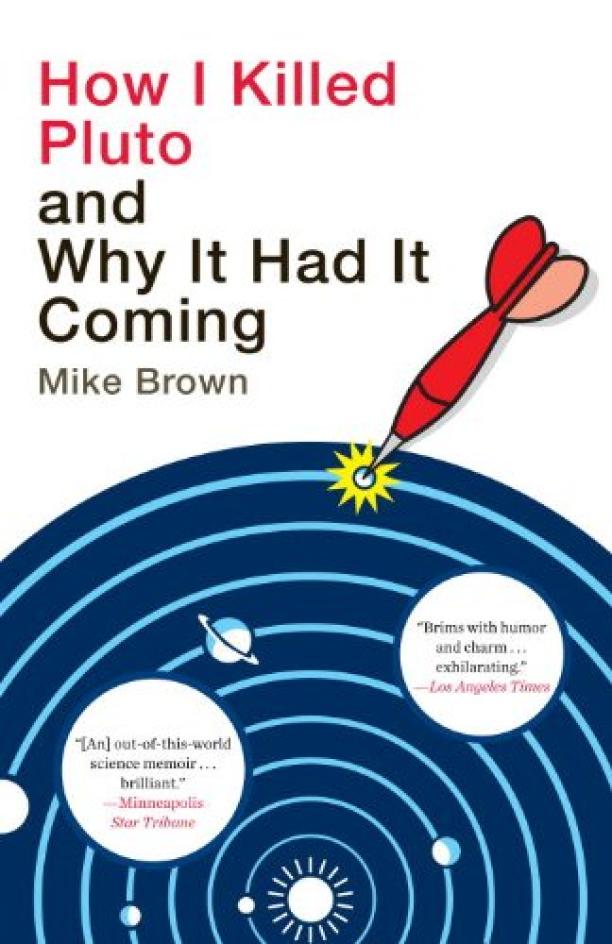
How I Killed Pluto and Why It Had It Coming
Mike Brown
The book chronicles the author's discovery of Eris, a celestial body that led to the reclassification of Pluto as a dwarf planet, effectively demoting it from its status as the ninth planet in our solar system. It also delves into the impact of this discovery on the field of astronomy and the public's attachment to Pluto.
See full summary
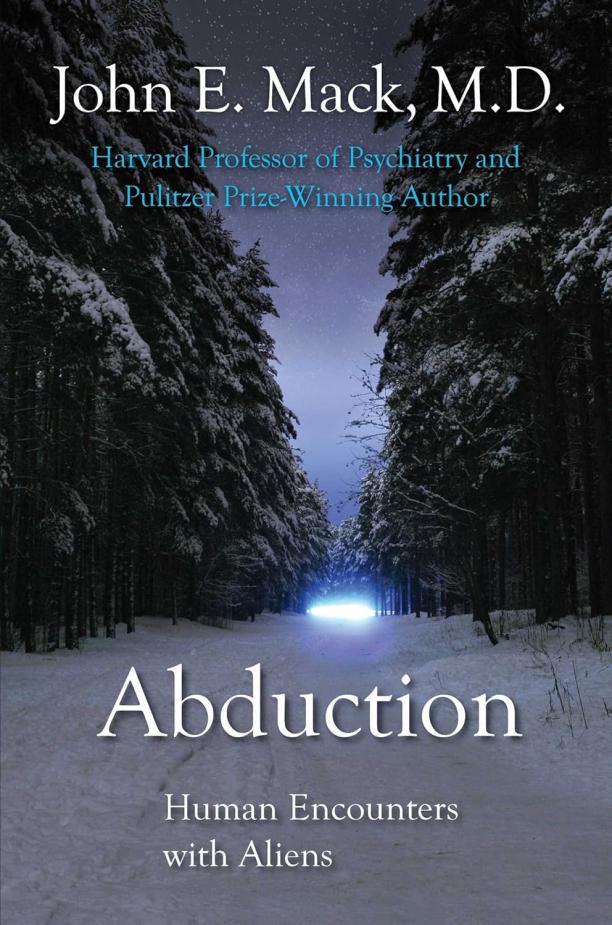
Abduction
Human Encounters with Aliens
John E. Mack
The book presents a series of case studies of individuals who claim to have been abducted by extraterrestrial beings, exploring their experiences in detail. Psychiatrist John E. Mack examines the psychological, physical, and spiritual implications of these encounters, treating them as genuine phenomena worthy of serious study.
See full summary
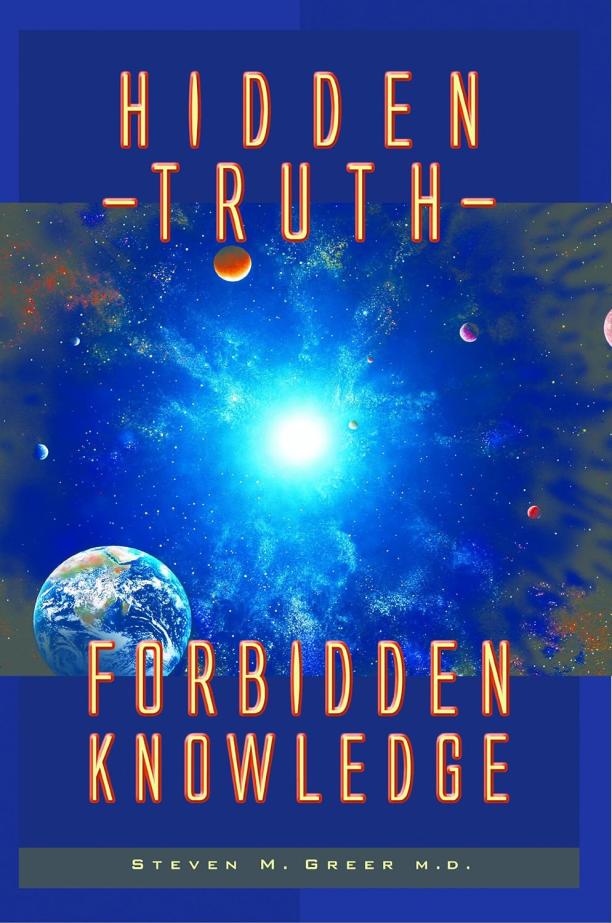
Hidden Truth
Forbidden Knowledge
Steven M. Greer
The book recounts Dr. Greer's experiences with extraterrestrial encounters and his efforts to disclose top-secret information about UFOs and advanced energy and propulsion technologies. It also details his founding of the Disclosure Project, an initiative aimed at revealing previously classified UFO phenomena and fostering global peaceful contact with extraterrestrial civilizations.
See full summary
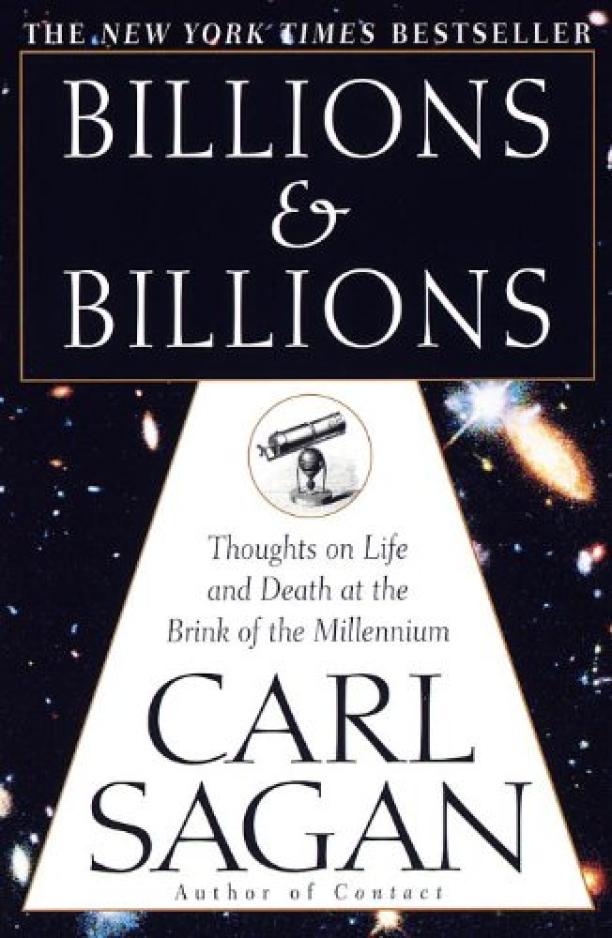
Billions & Billions
Thoughts on Life and Death at the Brink of the Millennium
Carl Sagan
The book is a collection of essays that explore a range of topics including humanity's future, science, and morality, with a focus on the challenges and opportunities that faced the world as it approached the 21st century. It also reflects on environmental issues, the importance of scientific literacy, and the author's personal battle with myelodysplasia, a disease that would eventually lead to his death.
See full summary

The First Three Minutes
A Modern View Of The Origin Of The Universe
Steven Weinberg
The book presents an account of the early universe, detailing the events and fundamental physical processes that occurred within the first three minutes after the Big Bang. It explains how the initial conditions set the stage for the formation of matter, radiation, and the eventual structure of the cosmos as observed today.
See full summary